Moses received the Torah [from G‑d at] Sinai, and gave it over to Joshua. Joshua [gave it over] to the Elders, the Elders to the Prophets, and the Prophets gave it over to the Men of the Great Assembly.
Ethics of the Fathers 1:1
On the surface, Ethics is giving us a generalized listing of the first 23 generations of the Torah’s chain of tradition from Sinai to our day. On a deeper level, it is imparting the five primary qualities that are crucial to anyone who approaches the study of Torah.
1) “Moses”: Humility
Moses certainly knew who he was. He knew that he was the one human being chosen by G‑d to communicate His wisdom and will to man. Nevertheless, the Torah attests: “The man Moses was the most humble man upon the face of the earth.”
Indeed, a lesser man, or a man less aware of his greatness, could not as poignantly exemplify the essence of humility: the understanding that man attains what he does with the gifts bestowed upon him by his Creator. “Had any other man been given what has been granted me,” Moses would have said, “he most certainly would have accomplished far more than I.”
To study Torah, a person must engage his mind and maximize its prowess—an experience that usually inflates the ego and increases a person’s sense of self-importance. So the example of Moses is cited as a prerequisite to the proper study of G‑d’s wisdom: apply your intellectual gifts to the utmost, but remember that these are indeed gifts, and remember the purpose for which they have been granted to you.
2) “Joshua”: Devotion
“The young man, Joshua the son of Nun, would not budge from the tent.” Faithfulness, diligence and perseverance were the traits that characterized Joshua; these traits made him worthy to assume the mantle of leadership after the passing of Moses, and to serve as the second link in the chain of the Torah’s transmission from master to pupil.
The greatest mind, the most pious of hearts, cannot hope to master Torah without years of devoted days and sleepless nights. “You shall study it day and night,” for only then will your efforts meet with success.
3) “Elder”: It has to cost you
The Hebrew word for “elder,” zakein, is related to the word kanah, to purchase; thus, the Talmud defines an “elder” as “one who has purchased wisdom.” “If someone tells you, ‘I have not toiled, but I have accomplished,’ do not believe him,” advise our sages, who also stated, “The Torah is attained only by one who kills himself over it.”
4) “Prophet”: You cannot do it on your own
Torah is the wisdom and will of G‑d. To comprehend Torah is to know the infinite mind of the Creator, which is by definition unknowable. So the Torah must be granted to us, as we say in the blessing recited prior to its study, “. . . Blessed are You, G‑d, who gives us the Torah.” It is only because G‑d desires that the human mind should comprehend Him, only because He chooses to transcend the line He had drawn at creation between the finite and the infinite, that we are capable of understanding a single word of Torah. Thus, the study of Torah is unlike any other science. While success in any field of knowledge is strictly a matter of intellectual ability, a person’s moral and spiritual qualifications are paramount when it comes to the study of Torah. For ultimately, everyone who masters the wisdom of Torah is a “prophet”—one whom G‑d has chosen to allow a glimpse of His truth.
5) “The Great Assembly”: Make it real
The “Men of the Great Assembly” was a council of 120 sages who led the Jewish people at the time of their return to the Holy Land in the 4th century BCE, after three generations of exile in Babylonia. Many challenges faced the fragile, recovering nation, ravaged by 70 years of displacement and assimilation. The Men of the Great Assembly applied their knowledge of Torah to address the needs of their time, instituting a unified text for daily prayer and many other statutes and ordinances. This is the final one of the five principles upon which one’s approach to Torah must be based: Torah must never be studied as a theory. The most lofty of its concepts must be carried down to the nitty-gritty of everyday life.















Start a Discussion